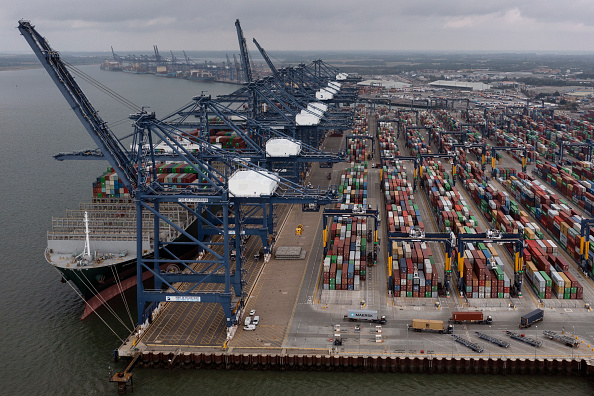UK businesses resist hiking prices despite cost assault

UK businesses are swallowing swelling costs in a bid to avoid wiping out demand by hiking prices, reveals fresh research published today.
The chasm between the amount it costs firms to produce goods and the price they charge for their products has widened to the largest on record, research by Lloyds Bank found.
Soaring costs for raw materials is putting businesses under immense strain to remain profitable without raising prices.
A global energy crunch has driven gas and oil prices higher, eating in businesses’ margins, Lloyds said. The number of firms having to pay more for energy was 3.8 times the pre-2021 average.
Sharply rising prices for components is “increasing pressure on margins that could potentially leave firms vulnerable to weakening demand and further input price shocks,” Lloyds said.
Higher production costs are causing businesses to reduce activity to avoid booking losses. 10 of the 14 sectors tracked by Lloyds registered output growth over the last month, down from 12 in October.
“What is particularly notable is that many UK businesses, facing rising input costs, are potentially choosing not to fully pass them on to their customers,” Jeavon Lolay, head of economics and market insight at Lloyds, said.
“Persistent or worsening price pressures could leave some with no choice but to eventually raise prices,” he added.
The fresh data reinforces the growing body of evidence indicating inflationary pressures are intensifying in the UK economy.
Tomorrow’s official inflation reading from the Office for National Statistics is expected to hover around five per cent, jumping from 4.2 per cent.
Inflation is already double the Bank of England’s two per cent target. Threadneedle Street will announce their next move on interest rates this Thursday.
City analysts expected the monetary policy committee to hike interest rates for the first time in three years this week in a bid to tame runaway inflation.
However, the emergence of the Omicron variant of coronavirus has clouded the outlook for the UK economy, likely pushing the Bank’s rate setting committee to hold fire on hikes until next February.